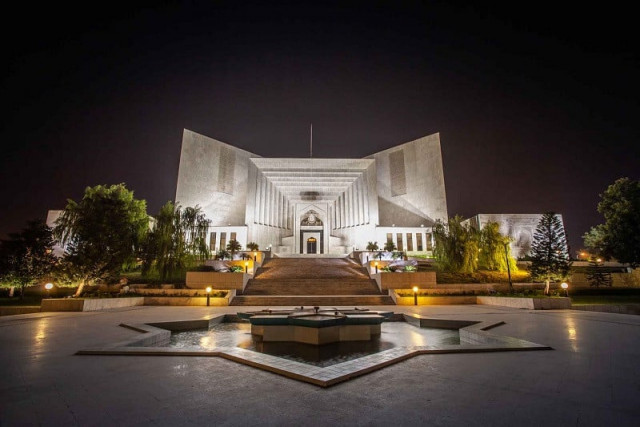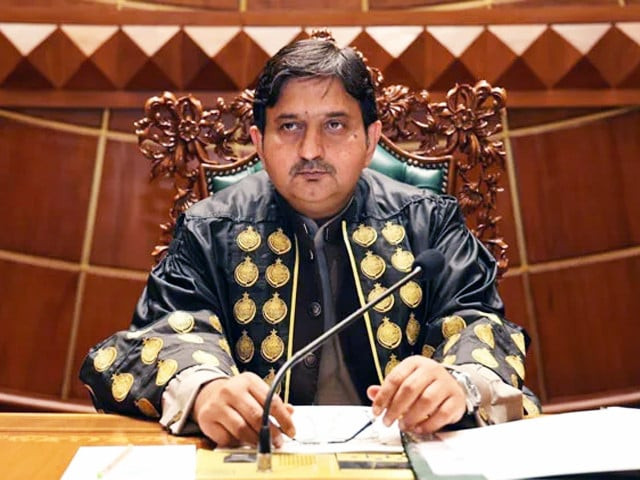Understanding the Super Tax Debate: Insights from the Recent Supreme Court Hearing
The recent hearings held by the Supreme Court have stirred quite a conversation around the controversial super tax imposed on provident funds. As citizens, it’s essential to keep up with these discussions, especially since they directly impact our financial futures.
On Monday, a five-member constitutional bench, led by Justice Aminuddin Khan, scrutinized the tax’s justification. At the heart of the debate lies a critical question: Is it fair to impose a super tax on provident funds when income tax on these funds is already exempt? This pivotal query highlights the complexities surrounding taxation and civil rights.
Justice Muhammad Ali Mazhar pointed out Section 53 of the Income Tax Ordinance, which provides exemptions. He raised an eyebrow at whether a trust fund could ever be considered private property. With concerns about how repeated super tax deductions could significantly diminish retirement benefits, Justice Hasan Azhar Rizvi noted that these levies might create an uphill battle for employees expecting to reap hefty payouts in their golden years.
The discourse took a technical turn when Justice Rizvi and Justice Mazhar questioned how exactly an advance super tax could be calculated, especially without final profit figures. The Additional Attorney General argued for the government’s authority to impose such levies to meet fiscal demands, but Counsel Asma Hamid countered that such a tax contradicts legislative intent aimed at protecting employee benefits.
As the courtroom deliberated, the Federal Board of Revenue’s lawyer, Hafiz Ehsan, sought to align with previous arguments but faced a time crunch due to scheduling constraints. This led to the hearing being adjourned until the following day, keeping the legal community and citizens alike on their toes about the future of the super tax and its implications.
To contextualize, the super tax acts as an additional burden primarily on high-earning sectors such as cement and banking, aiming to bolster government revenues. The government imposed up to a 10% super tax on major sectors in the 2022–23 federal budget. Yet, as the Supreme Court deliberates the legality of this tax, questions arise about its fairness and whether its revenues are genuinely put to good use.
Justice Mazhar’s poignant comment about how the burden of the tax often falls on the common person resonates deeply. Whether it’s a cement bag or an LNG shipment, these costs eventually trickle down to consumers, underscoring the need for a balanced approach to taxation that doesn’t stifle business growth or burden the everyday citizen.
Critically, as the Supreme Court navigates these complex issues, it’s worth considering the broader implications of fiscal policies on our lives. If taxpayers feel overwhelmed or unfairly targeted, there’s a risk they may consider relocating, a sentiment echoed by Justice Mandokhail.
As a proactive citizen, it’s vital to stay informed about these developments, not just for your financial planning but also to understand how these policies affect the economic climate. For more engaging discussions and insights on taxation, finance, and how they impact you directly, consider connecting with Pro21st. We’re here to help you navigate these complexities and make informed decisions for your financial future!
At Pro21st, we believe in sharing updates that matter.
Stay connected for more real conversations, fresh insights, and 21st-century perspectives.





